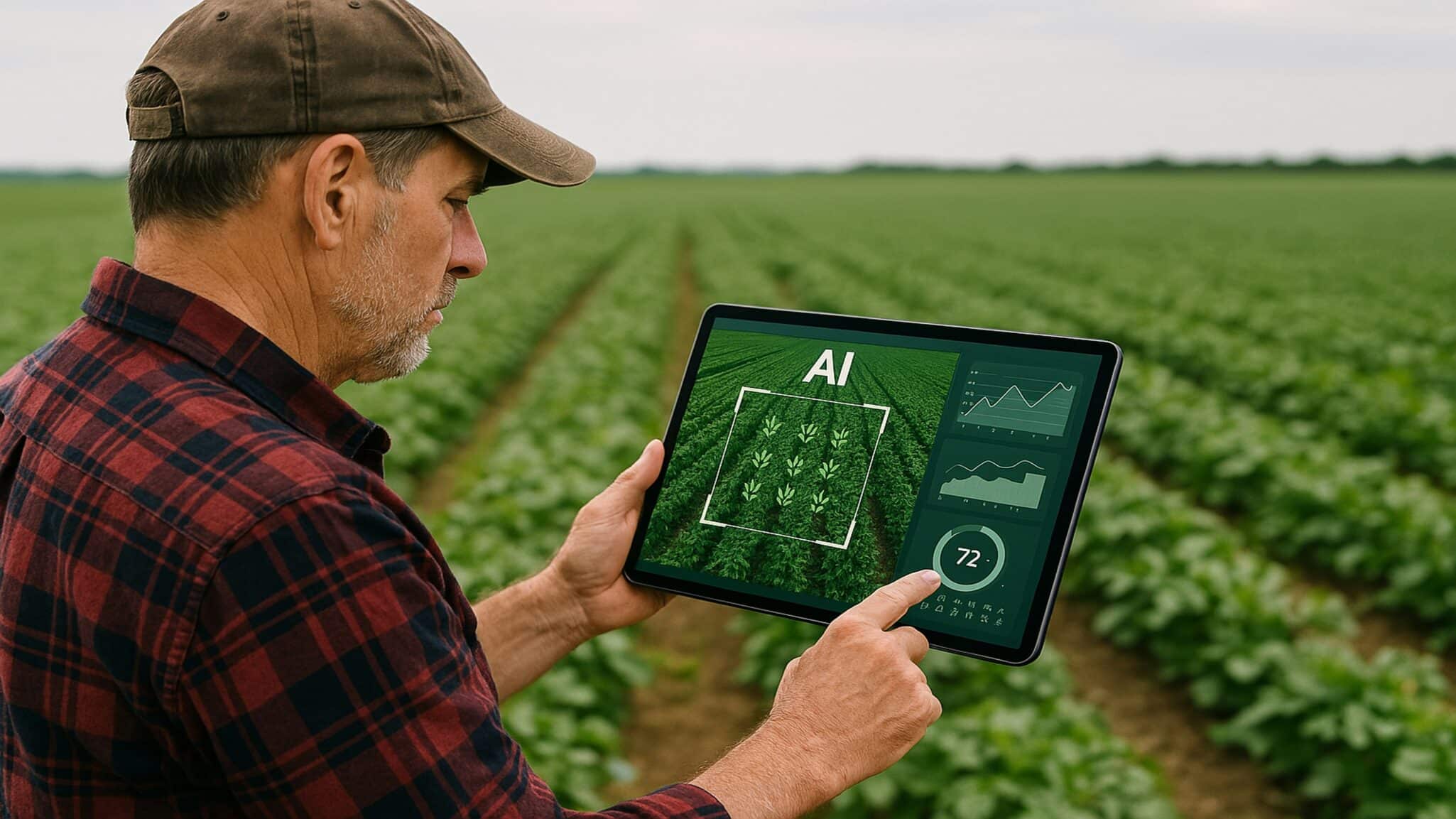Key Takeaways
- Early-stage AgTech startups are judged on vision and team, while later-stage ones are evaluated based on traction.
- Grit, ambition, and realistic risk assessment are vital traits for founders.
- AgTech investors value companies that bootstrap or show skin in the game.
- Mitigating risk and proving commercial viability are top priorities.
- Sales traction and a solid business model are critical indicators of fundability.
What Makes an AgTech Startup Fundable in 2025?
In 2025, determining what makes an AgTech startup fundable has become increasingly complex. Chris Rawley, CEO and Co-Founder of Harvest Returns, noted that in today’s tighter investment climate, a compelling vision is no longer enough to secure funding.
The AgTech sector has experienced considerable fluctuations in recent years. After reaching a record high of $51.7 billion in investments in 2021 (AgFunder), the industry contracted sharply, with funding dropping to around $16 billion in 2024. This decline has been linked to a combination of rising bankruptcies, economic uncertainty, high interest rates, and unfulfilled market expectations.
We recently had the opportunity to host Chris in a live webinar where he shared his perspective on what it takes to build a fundable AgTech startup in 2025. Drawing from his platform’s network of 12,000 investors, Chris offered an honest and data-informed look at how founders can stand out in today’s funding environment.
Early vs. Late-Stage Startup Evaluation
“AgTech startup fundability depends on where you are,” Rawley explained during a recent iGrow Network webinar. “Early-stage companies are evaluated on their promise. That means founders, market insight, and the quality of their idea. Later-stage companies are judged on performance, traction, and real-world results.”
Risk Mitigation is Non-Negotiable To Make Your AgTech Startup Fundable
For an AgTech startup to be considered fundable, investors need confidence in both the problem being solved and the founders’ capacity to deliver. Risk mitigation plays a central role. Rawley emphasized that angel investors and family offices today look for founders who have personally invested capital, conducted trials, or reached early sales milestones.
“Risk is a reality,” he said. “What we want to see is how you’ve de-risked your business—through revenue, customers, or operational proof points.”
ROI for Farmers: A Critical Metric
Investors in AgTech are especially sensitive to traction. Startups that can’t show how they plan to return value—especially to growers—will face an uphill climb. “You need to show a 3:1 ROI for farmers if they’re your customer,” Rawley added.
The Founder Mindset: Grit Over Gloss
Another trait that makes an AgTech startup fundable in 2025 is the founder mindset. “The best founders are gritty. They’ve bootstrapped. They’ve invested their own money,” he noted. “We like scrappy companies that are serious about solving real-world problems.”
🟢 Watch the full webinar with Chris Rawley.
Interested In Making Your Startup Fundable? Join our network today and access advice from leading experts!


